Should You Be Taking Adaptogens?
First – what exactly are adaptogens?
Despite the science-y sounding name, adaptogens have been used for centuries as a remedy to rebalance the body’s stress responses. Coming in the form of various plants and herbs, studies suggest they’re effective at helping the body adapt to all kinds of stress, whether it’s an approaching deadline, the changing of the seasons (which can take its toll on the immune system) or emotional triggers.
What’s the science behind them?
It’s surprisingly straightforward. As Jenny Carson, senior nutritionist at Viridian Nutrition explains, it’s all about improving adrenal health. “When a perceived stressful situation arises, a cascade of events occurs in the body that results in the production of a hormone called cortisol. Cortisol is produced via tandem coordination and signalling from the brain to the adrenal glands, which are located on top of the kidneys and are the site of cortisol production. Cortisol signals for physical adaptations that help the body cope with the stressor, and once achieved, cortisol production ceases. This response has not developed in line with the industrial revolution and remains akin to the Palaeolithic era when humans would fight or run from an attacker. These days the source of stress may not require a physical response, yet the stress response is no different from hundreds of years ago.” As Jenny explains, adaptogens modify the body’s cortisol response, making them nature’s miracle anti-stress and fatigue fighters. By supporting adrenal function, they counteract the adverse effects of stress to ensure the body functions optimally. Moreover, clinical trials have demonstrated they can increase mental work capacity against a background of stress and fatigue, particularly tolerance to mental exhaustion and enhanced attention. Clever stuff.
Do you need them?
Researchers agree our bodies are existing in a prolonged state of stress. In addition to the kind of anxiety that comes with deadlines, hectic diaries and burning the candle at both ends, there’s also stress at a physiological level. Stressors like sleep deprivation, sedentary jobs, and overexposure to toxins through food and the environment can have a huge impact on our physical and emotional wellbeing. As Tom Smale, co-founder of Wunder Workshop and adaptogen expert, explains: “Today’s modern lifestyles leave many of us susceptible to fatigue, low energy and a weakened immune system. Adaptogens are for anyone looking to improve their overall health.” While seemingly ideal for stressed-out urbanites, adaptogens have been used for centuries in traditional Indian and Chinese medicine, so they’re backed by ancient use as well as recent studies too.
How do you know which adaptogen to take?
With dozens of adaptogens on the health shelves, knowing where to start can be overwhelming. Let Tom be your guide when it comes to the right one for you…
- BEST FOR STRESS – ASHWAGANDHA: “Renowned for its immune-boosting and anti-inflammatory properties, ashwagandha is particularly useful for treating anxiety and stress-related issues such as depression.”
- BEST FOR SLEEP – HOLY BASIL: “Also known as tulsi, holy basil is brilliant for calming busy minds, and helps to balance mood and energy.”
- BEST FOR FITNESS – CORDYCEPS: “This special type of mushroom has been shown to boost endurance and has helped Olympians over the years too.”
- BEST FOR FATIGUE – MACA: “A Peruvian adaptogen, maca is great for boosting energy levels. Siberian ginseng is also worth a try as it can support concentration and keep the mind sharp.”
- BEST FOR IMMUNITY – REISHI: “Reishi mushrooms are celebrated for their immunity-supporting benefits as well as providing stress relief, promoting calm and balance.”
Are any adaptogens particularly suited to men?
While the above adaptogens are a great starting point, Tom says there are certain varieties worth starting with. “Aside from mushrooms (think chaga, reishi and cordyceps), ashwagandha is one of the most potent adaptogens and is ideal for a fast-paced lifestyle. As it targets the HPA axis, where our stress hormone cortisol is produced, it can help smooth out the peaks and troughs of both our stress and energy levels. You can find ashwagandha in our Superior Ashwagandha, which is a highly bioavailable and potent extract, as well as Golden Balance – both work wonders in shakes and are best taken after exercise or in the evening to improve recovery and rest. It could also be worth exploring Siberian ginseng, one of the first adaptogens to be studied by Dr. Lazarev, the man who coined the term ‘adaptogen’. Siberian ginseng is found in our Golden Glow and can be taken at any time of the day, it tastes great in hot or cold plant-based milk and also contains maca, which gives it a caramel taste.” Jenny also says maca has been shown to be useful in sports endurance and can help a stress-affected libido.
How should you take them?
Look in your local health food shop and you’ll find adaptogenic powders, teas, tinctures and pills, but not all are created equal. “Studies have suggested powders are better absorbed than tablets, which rely on the stomach to be broken down,” says Tom. He also advises blending your powder in a hot drink, which can increase the rate of absorption. Also, consider taking your adaptogen alongside high-fibre foods, coffee and honey, which can also supercharge absorption. His other golden rule? “If you’re buying a powder, keep an eye out for the word ‘extract’ on the packaging. This is a sign of quality and how the supplement has been produced. A ratio such as 1:10 tells you that ten parts herb have been used to produce just one part powder,” he says.
Are the results instantaneous?
Some people experience instant effects after taking certain adaptogens, but it can take weeks before you notice any real changes. “The response to adaptogenic herbs can be tricky to estimate, as it depends on how stressed the individual is and how long the stress has been endured,” Jenny says. “When starting any food supplement, it’s best to take it for 10-12 weeks and keep a diary of symptoms. This allows subtle changes to be acknowledged and allows a comparison between weeks one and 12.”
Should you be taking one adaptogen at a time, or can you mix them?
Taking one adaptogen on its own is a great start, but the experts say there may be value in taking a blended formula. “If you are stressed to exhaustion, a blend of rhodiola, ashwagandha, licorice and Siberian ginseng with breakfast can help lift the early morning haze and fatigue. Meanwhile, Siberian ginseng, damiana leaf, panax ginseng, mate and suma can be great before a high energy workout,” Jenny advises.
Anything else?
It’s worth noting that adaptogens shouldn’t be taken on a long-term basis, explains naturopathic nutritionist Vanessa Rohmig. “Take a break from your adaptogen after taking it for six months as the body can build up resistance,” she explains. “The whole point of an adaptogen is to bring our bodies back to homeostasis so it can take on stress well enough on its own – the end goal isn’t to become dependent on them but restore balance to the body.”
Shop SLMan’s edit of the best adaptogens – from powders to capsules…
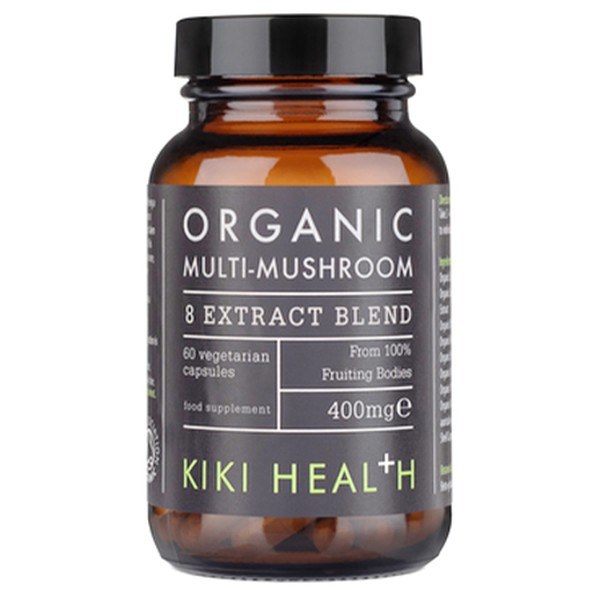
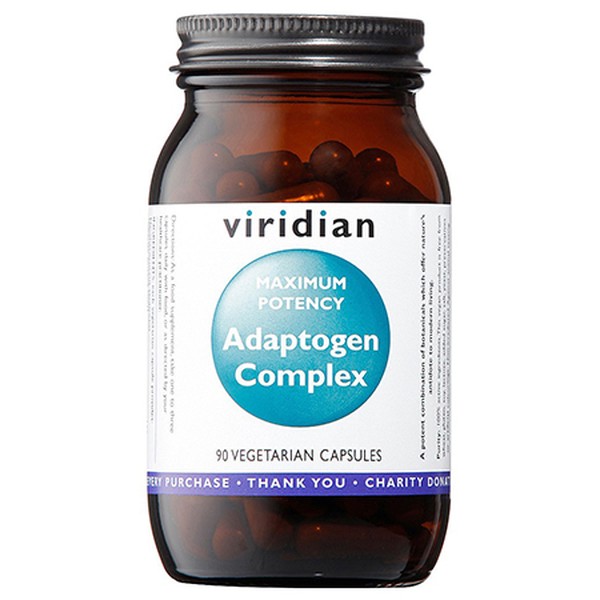
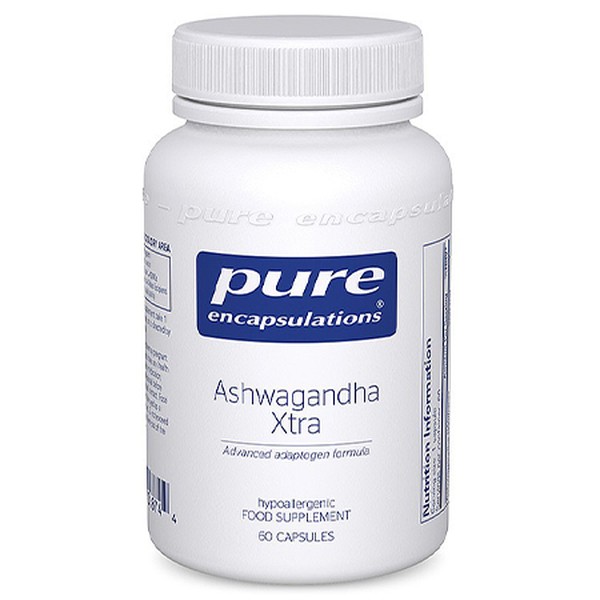
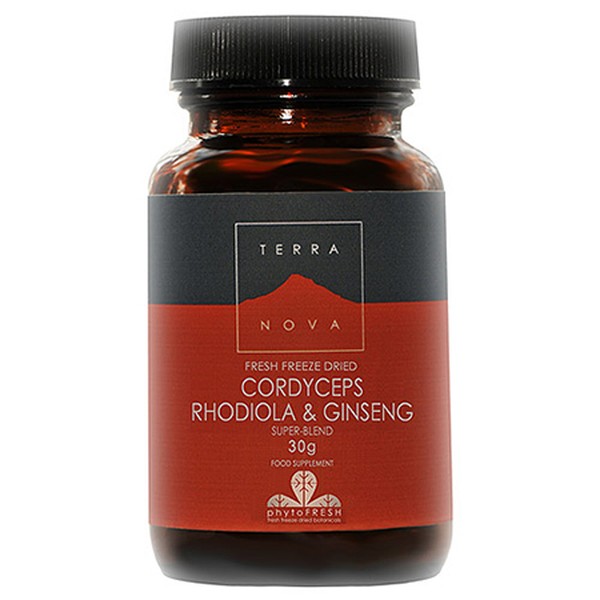
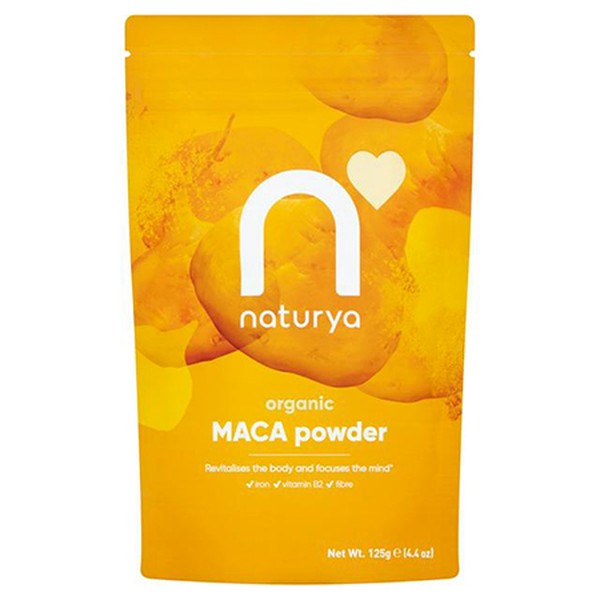
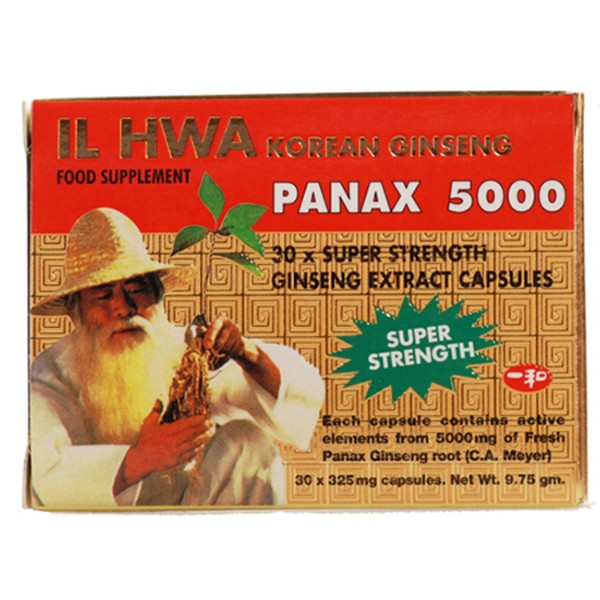
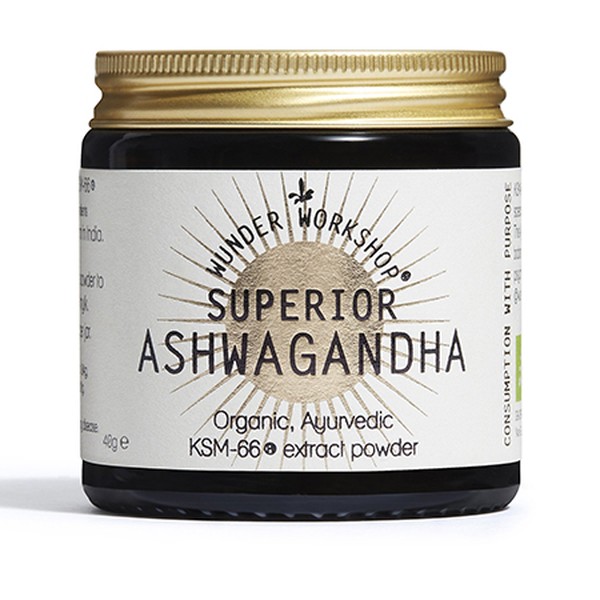
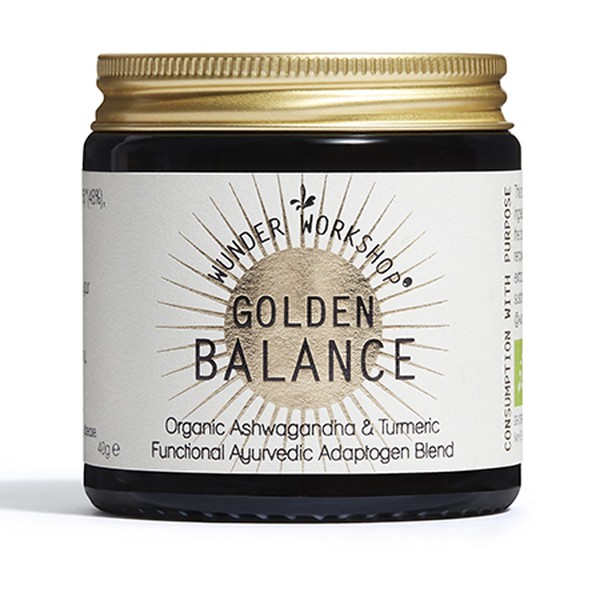
For more information visit Viridian-Nutrition.com and WunderWorkshop.com.
*Features published by SLMan are not intended to treat, diagnose, cure or prevent any disease. Always seek the advice of your GP or another qualified healthcare provider for any questions you have regarding a medical condition, and before undertaking any diet, exercise or other health-related programmes.
DISCLAIMER: We endeavour to always credit the correct original source of every image we use. If you think a credit may be incorrect, please contact us at [email protected].


